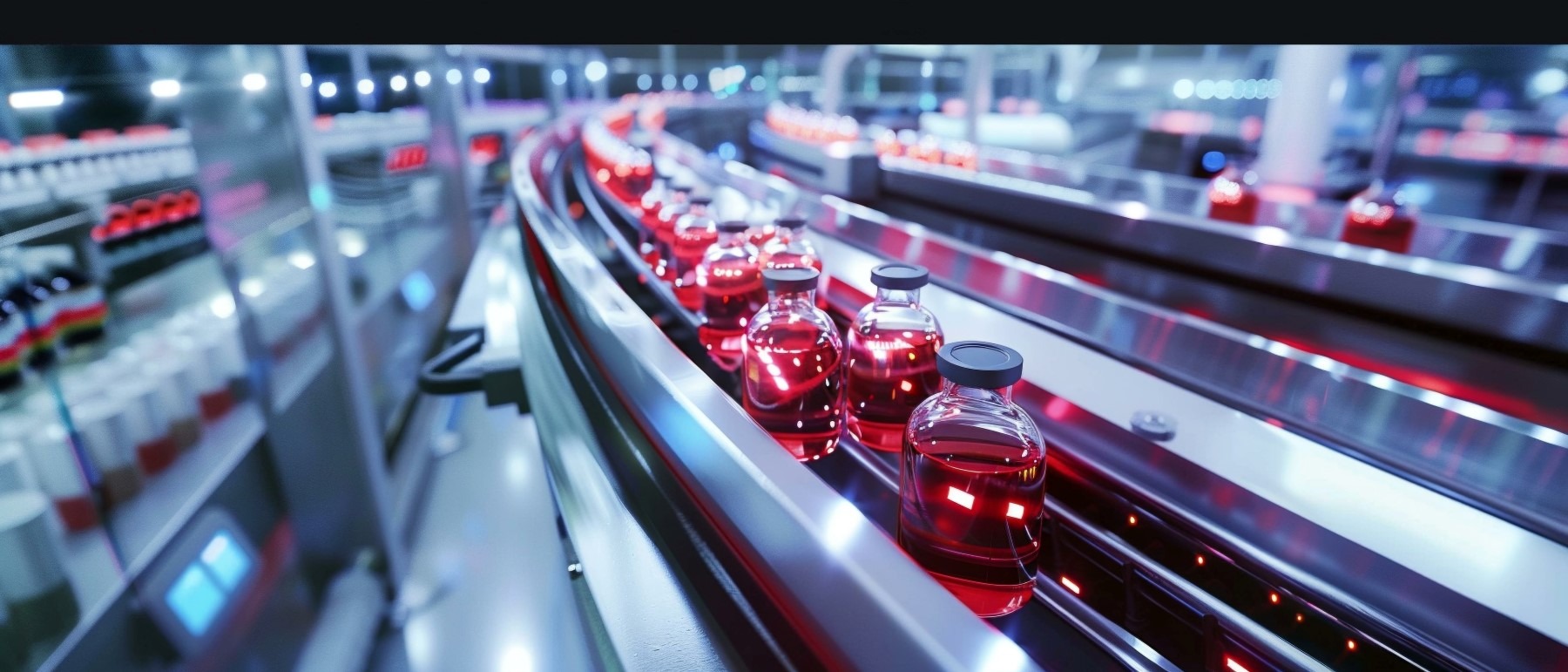Introduction
In the fast-paced world of industrial manufacturing, efficiency and precision are critical factors for success. Sensors play a fundamental role in this landscape, providing vital data to ensure that production lines run smoothly. However, these delicate components are constantly exposed to adverse conditions that could compromise their performance. In this context, adequate sensor protection becomes an undeniable priority.
The Importance of Sensor Protection
Motion sensors, laser sensors, and photocells are essential pillars in modern production lines. These devices are responsible for detecting the presence, position, or movement of objects, enabling the automation of critical processes. However, due to their strategic location in industrial environments, they are exposed to a variety of threats that can affect their operation and accuracy.
”In the fast-paced world of industrial manufacturing, efficiency and precision are critical factors for success.
Potential Risks for Sensors
From the presence of dust and airborne particles to exposure to corrosive liquids, industrial sensors face a range of challenges that can compromise their integrity and precision. Additionally, vibrations, accidental impacts, and abrupt temperature changes can also contribute to their premature deterioration. Consequently, without adequate protection, these critical components are at risk of costly failures and unplanned downtime.
Effective Solutions – Custom Protectors
In the face of these challenges, the installation of protectors specifically designed for industrial sensors emerges as an effective solution. Protectors for motion sensors, laser sensors, and photocells are designed to withstand the most demanding conditions of the industrial environment, providing a protective barrier against dust, moisture, impacts, and vibrations. Furthermore, opting for custom protectors ensures a perfect fit for each type of sensor, thereby maximizing their effectiveness and extending their lifespan.
Benefits of Sensor Protection
The implementation of suitable protectors for industrial sensors brings a series of significant benefits. Firstly, by protecting these vital components, the risk of failures and unplanned downtime is reduced, directly translating into increased operational efficiency and lower maintenance costs. Additionally, by ensuring the integrity of the data collected by the sensors, the accuracy of production processes is improved, contributing to the quality of the final product and customer satisfaction.

Conclusions
In an increasingly competitive industrial environment, adequate sensor protection becomes a crucial element in ensuring the efficiency, precision, and profitability of production operations. Custom-designed protectors offer an effective solution to mitigate the risks associated with exposing sensors to adverse conditions, thus ensuring optimal long-term operation. Ultimately, investing in sensor protection not only safeguards a company’s critical assets but also enhances its ability to remain competitive in a constantly evolving global market.













